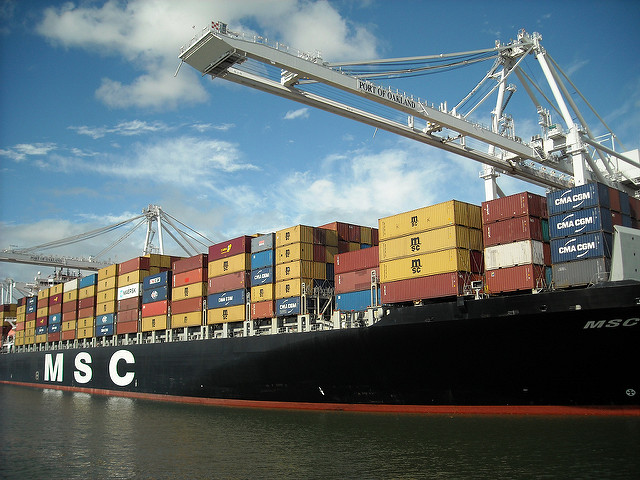
U.S. tariffs on imported aluminum continue to damage Americans in a variety of ways. Unfortunately, instead of removing barriers to aluminum imports, the Trump administration is reportedly considering expanding the reach of tariffs to include imports from Canada, our USMCA trading partner and ally. According to a June Politico report, “The U.S. is pressing for Canada to impose quotas to slow the surge of its exports of the metal, or else it will reimpose a 10 percent tariff on aluminum from Ottawa.”
The Department of Commerce has instituted a process for aluminum users to request exclusions from existing Section 232 tariffs. Unfortunately, that process has not always been effective. As Rep. Jackie Walorski (R-IN) wrote:
In 2019, I highlighted numerous questions surrounding the transparency, fairness, and consistency of the exclusion process in a series of letters sent to you on March 11, April 30, and October 17. They include examples of decisions that seem to run counter to the facts presented and lack any substantive explanation as to why each decision was made. In other cases, it appears the Department bent or ignored its own regulations. Nearly all such decisions were to the detriment of the requester. The examples leave one with the impression of a finger on the scale favoring objectors — an impression that the Department must change.
According to comments submitted to the Department of Commerce by the Coalition of American Metal Manufacturers and Users: “Unfortunately, numerous problems continue to plague the exclusion process, resulting in U.S. manufacturers being unable to obtain essential steel and aluminum inputs, thus injuring thousands of American businesses.”
Aluminum tariffs also created new uncertainty about aluminum pricing. This generated several legislative responses, including a provision in the House Department of Homeland Security (DHS) appropriations bill currently pending in the House of Representatives that would direct the Customs and Border Protection agency (CBP) to review whether duties on imports of aluminum are being properly assessed.
In addition, the House Agriculture appropriations bill includes a provision directing the Commodity Futures Trading Commission (CFTC) to report on aluminum futures markets and pricing. Aluminum prices are based on a Midwest Premium that is added to the base price of aluminum to generate a Midwest Transaction Price. Critics say Midwest Transaction Prices are based on a benchmarking process that generates inflated and non-transparent prices, while supporters dispute these claims. Further analysis by CFTC would help clarify things.
Ideally, Congress would eliminate all self-destructive aluminum tariffs that have increased costs for American manufacturers. In addition, any future tariffs imposed under Section 232 of the Trade Expansion Act of 1932 should require congressional approval before taking effect. In the meantime, it is reasonable for Congress to authorize studies of whether current Section 232 aluminum tariffs are being accurately assessed and remitted, and whether aluminum futures markets are functioning effectively.

